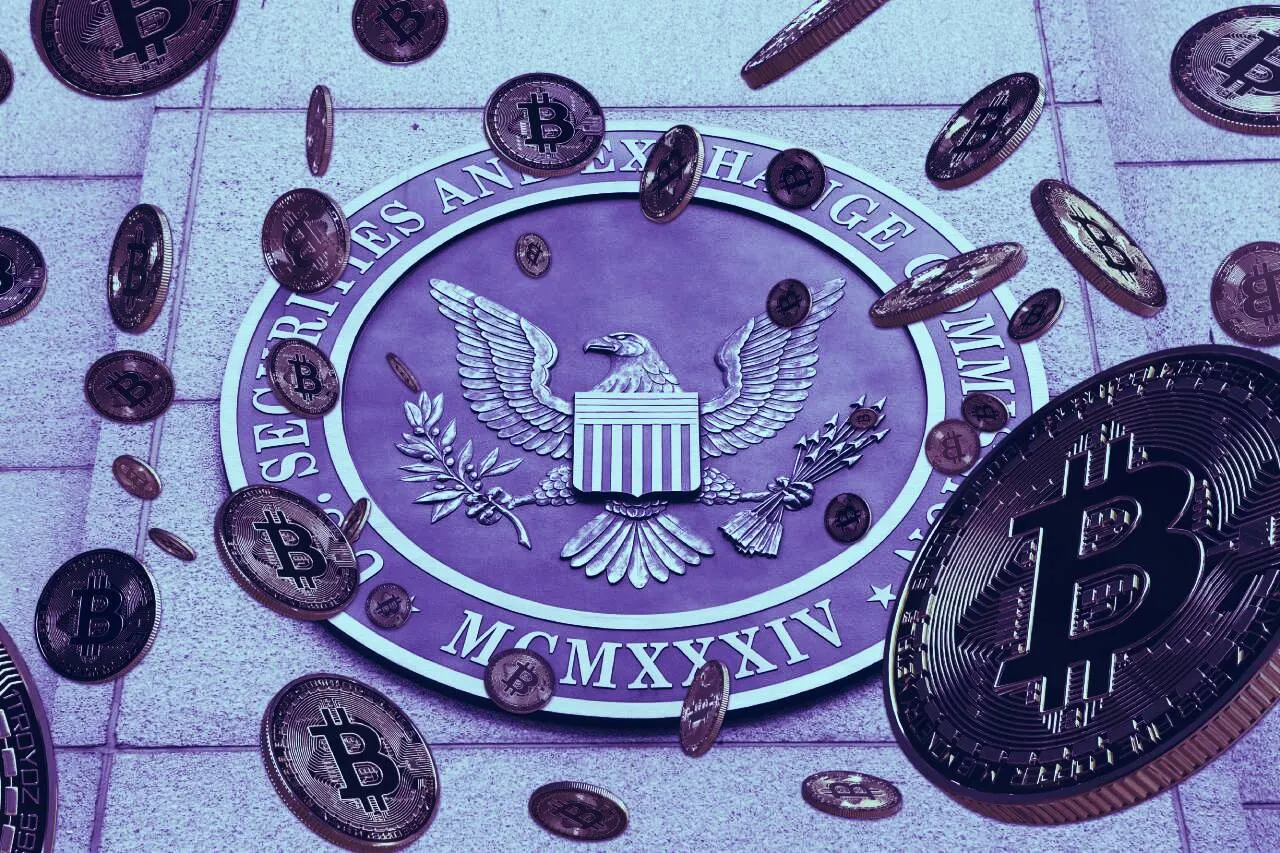Apifiny, a digital asset marketplace founded by Haohan Xu in 2018, announced on Thursday it has received a FINRA broker-dealer license for its trading platform subsidiary Apifiny Prime.
In a press release, the company said its new license puts it in a “highly select class of crypto-native companies” that have FINRA broker-dealer licenses, including Coinbase, Gemini, Circle, and eToro.
If that’s the company Apifiny Prime is shooting for, it’s a lofty goal, since its brand is still far from a household name in the space.
Founded in 2007, the Financial Industry Regulatory Authority (FINRA) is authorized by the U.S. Congress to oversee the broker-dealer industry. Using AI and machine learning to monitor the market, FINRA says its mission is to “keep a close eye on the market and provide essential support to investors, regulators, policymakers and other stakeholders.”
What is a broker-dealer license?
A broker-dealer license allows a company to sell virtually any type of security, such as stocks, options, bonds, and digital assets like cryptocurrencies. Getting licensed for dealing in securities ahead of offering them to investors could save the company millions of dollars in fines, penalties, and legal fees like those in the recent SEC filings against Block.one and Ripple Labs.
The process to get approved for a broker-dealer license can take weeks or months, and the shutdowns caused by the pandemic have only made the wait times longer.
“A traditional broker-dealer with a common business plan usually takes 4 months for a decision to be made by FINRA,” Apifiny CEO Haohan Xu tells Decrypt. “For a non-traditional broker-dealer application during the COVID-19 pandemic, the time frame can be 8 to 11 months.”
What FINRA is looking for is “not only a substantial balance sheet,” Xu says, “but a robust methodology to prove future financial support for the broker-dealer.”
Once filed, the SEC, which oversees FINRA, has 45 days to issue an order granting registration or institute a proceeding to determine membership.
The broker-dealer license will allow Apifiny to offer customers “a variety of financial products like closed-end funds that are synergetic to our digital asset trading platform,” Xu says. “The license also demonstrates the strength of our internal controls and compliance to investors and the market at-large as we prepare the company to go public.”
Apifiny announced in February that it aims to go public by the end of this year. If it wants to have the kind of glitzy debut Coinbase had on the public market, it will need to grow its footprint quickly in the months to come.

